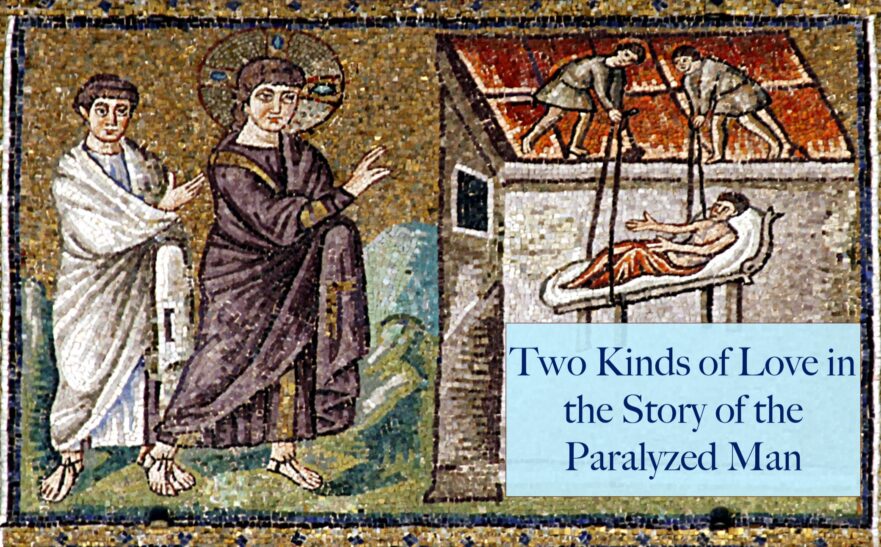Two kinds of love operate in the story of the paralyzed man. One kind of love is inclusive and redemptive, the other is exclusive and destructive. Which kind of love will prove victorious?
“Wonders and Accusations” complex
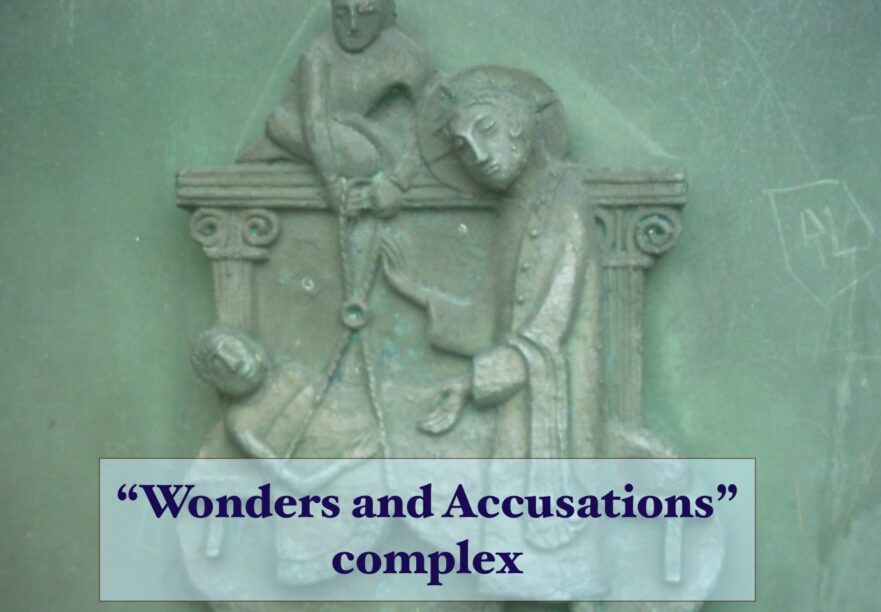
A collection of stories about Jesus’ healing power and the controversy it provoked.
What’s Wrong with Contagious Purity? Debunking the Myth that Jesus Never Became Ritually Impure

The view that Jesus could not be affected by impurity and that Jesus was able to spread his purity to others is based on faulty assumptions and invalid inferences.
Halakha in the Gospels
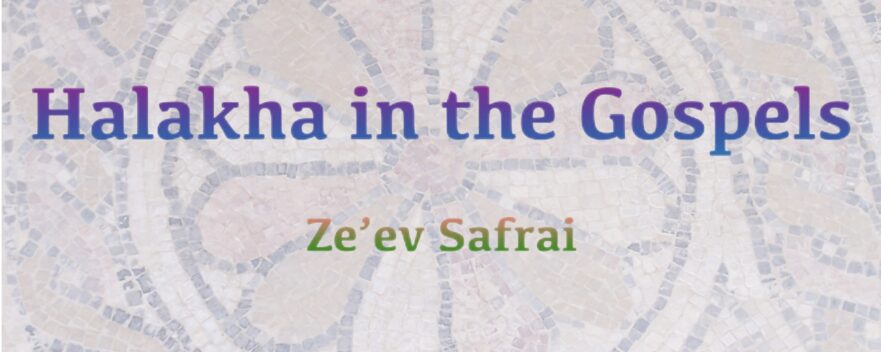
The Gospels describe Jesus and his followers as keeping halakha to a relatively high extent; they were a group to whom the law was important.
He Could No Longer Openly Enter a Town: A Synoptic Study in Light of an Early Luke
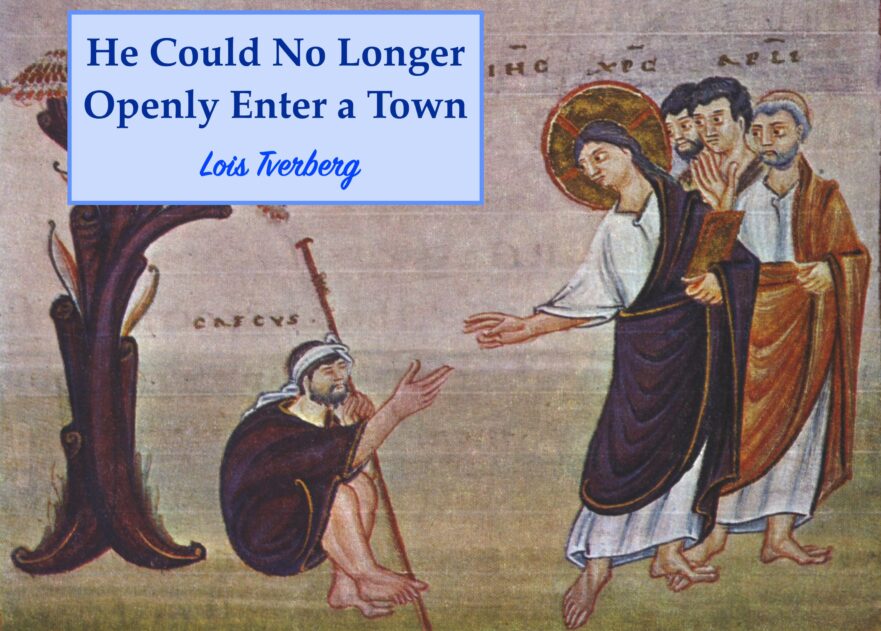
According to Mark, after one of Jesus’ very first miracles, Jesus would no longer openly approach a town in public, but instead avoided the crowds who continually sought him out.
Why Do You Call Me ‘Lord’?: On the Origins of Jesus’ Dominical Title
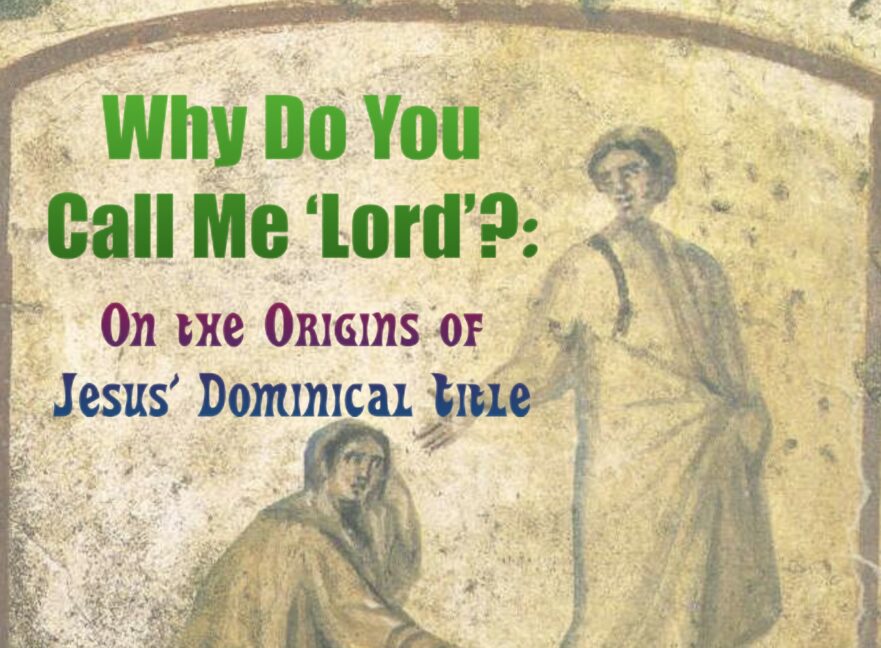
The confession “Jesus is Lord” is the simplest and earliest Christian creed. But how did referring to Jesus as “Lord” begin?
“Banquet in the Kingdom of Heaven” complex
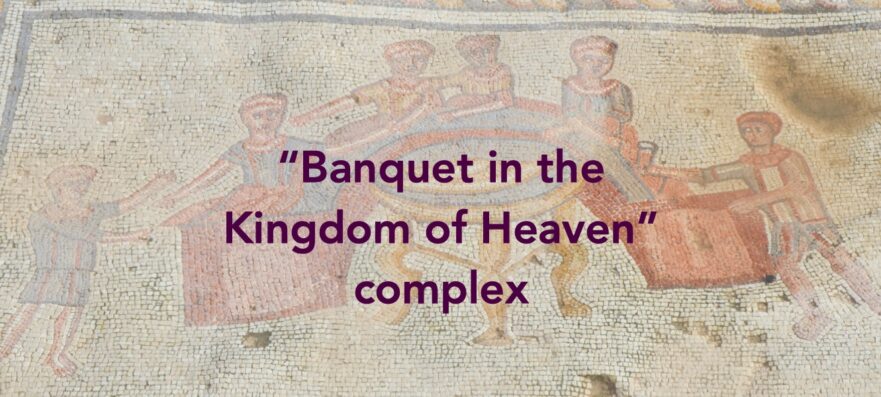
How commitment to social justice in this world determines one’s place at the messianic banquet in the world to come.
Woes on Three Villages
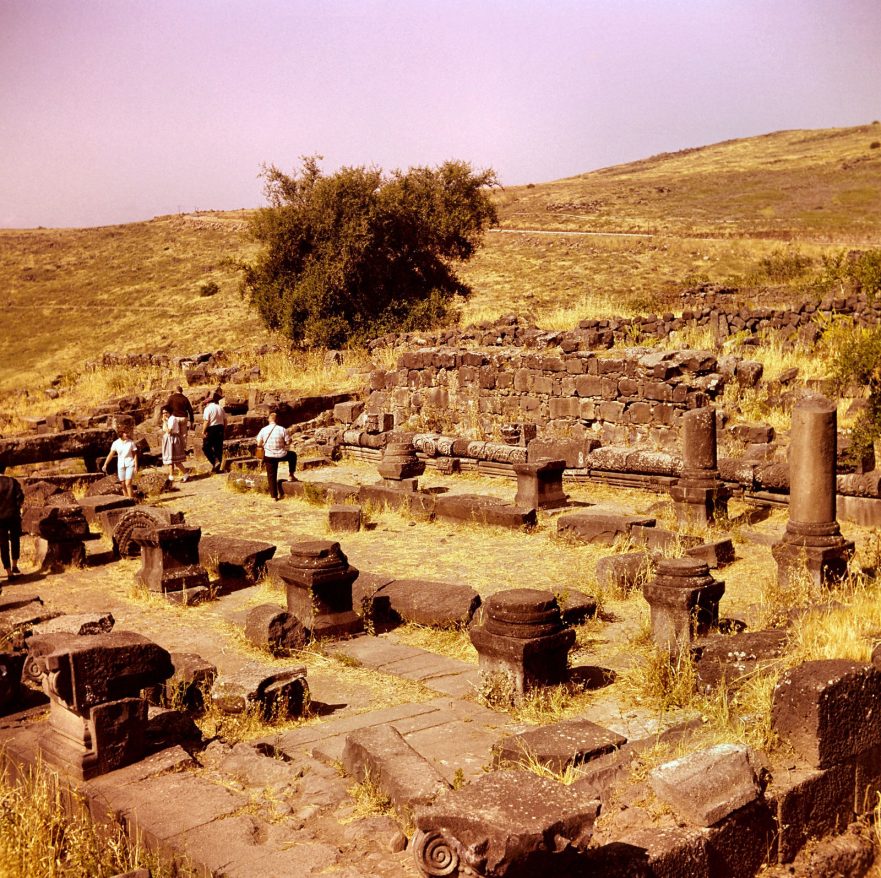
The Woes on Three Villages express Jesus’ sorrow that Chorazin, Bethsaida and Capernaum had not responded to his warning not to get sucked into the black hole of violent religious nationalism.
Yohanan the Immerser’s Question
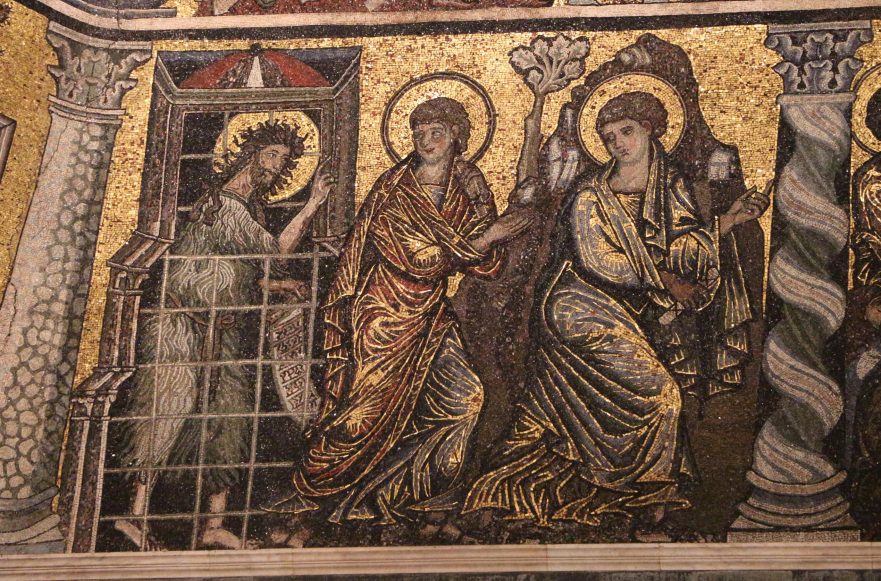
When John the Baptist asked Jesus, “Are you the Coming One?” did Jesus reply, “Yes, I am” or “No, I’m not”?
Sending the Twelve: Commissioning
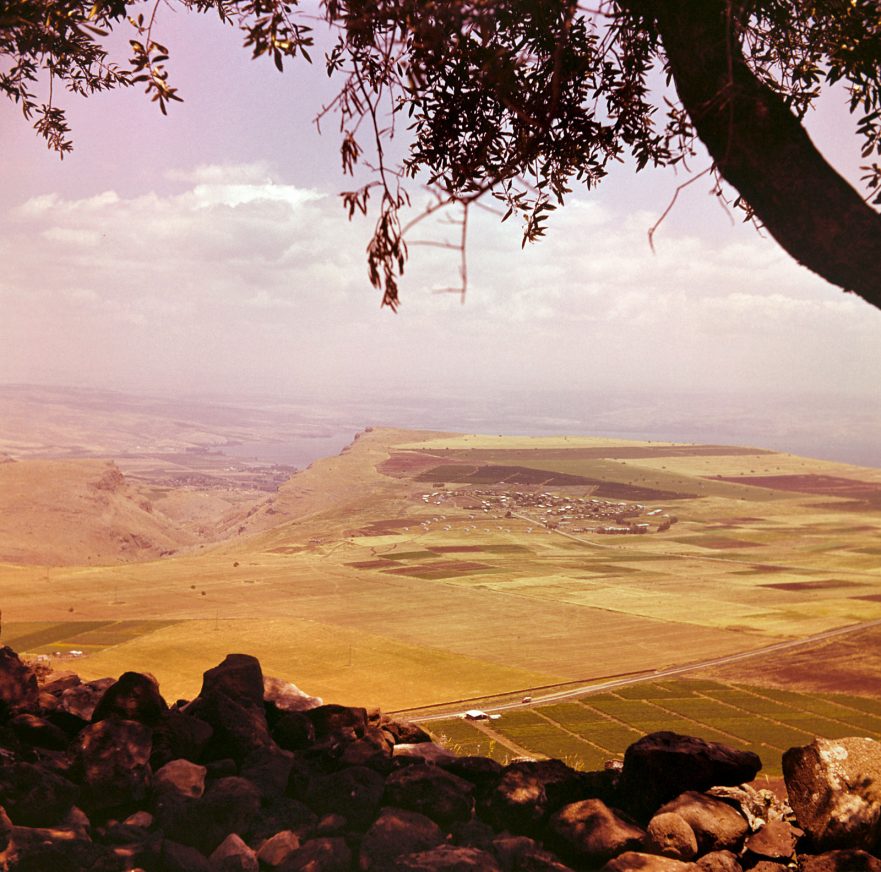
Yeshua summoned his twelve emissaries to Israel and he gave them power to drive out dangerous spirits and to heal every disease and sickness those spirits had caused. Then he sent them on ahead in pairs to every city he intended to visit.
The Gospel of John’s Jewish-Christian Source
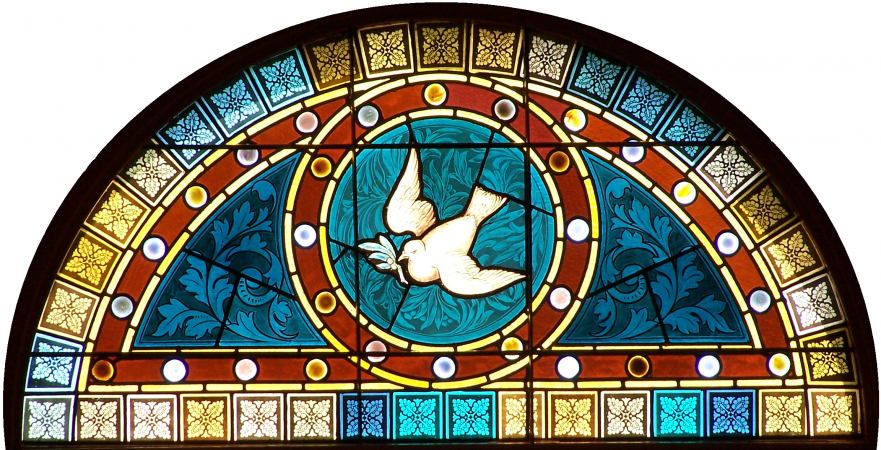
In an important study entitled The Gospel of Signs, Robert Fortna correctly identified a Jewish-Christian source embedded in the Fourth Gospel. This article is based upon the conclusions of Fortna’s research and explores their significance. I will also point out additional evidence Fortna overlooked that clarifies the origins and intentions of the Jewish-Christian source embedded in the text of the Fourth Gospel.
Widow’s Son in Nain
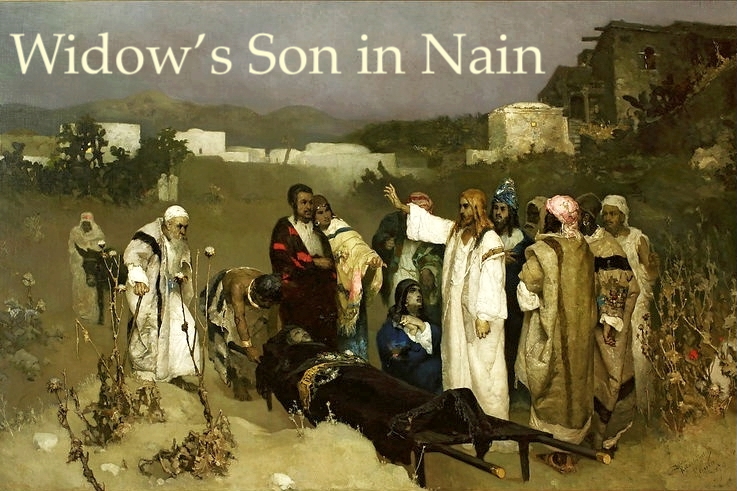
In Widow’s Son in Nain, David Bivin and Joshua N. Tilton ask “Which Nain was the town where Jesus raised the widow’s son?” and “What is the meaning of the people’s exclamation that a prophet had arisen among them?” The possibility of a Judean ministry early in Jesus’ career and of the messianic connotations of the Widow’s Son in Nain story are discussed in detail in this segment of the Life of Yeshua commentary.
Shimon’s Mother-in-law
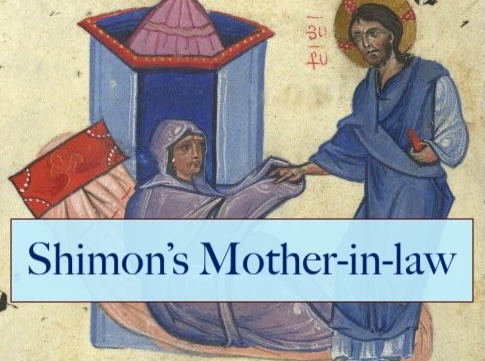
Shimon’s Mother-in-law, a tender story of familial intimacy, offers a unique glimpse of Jesus’ compassion.
The Amidah Prayer
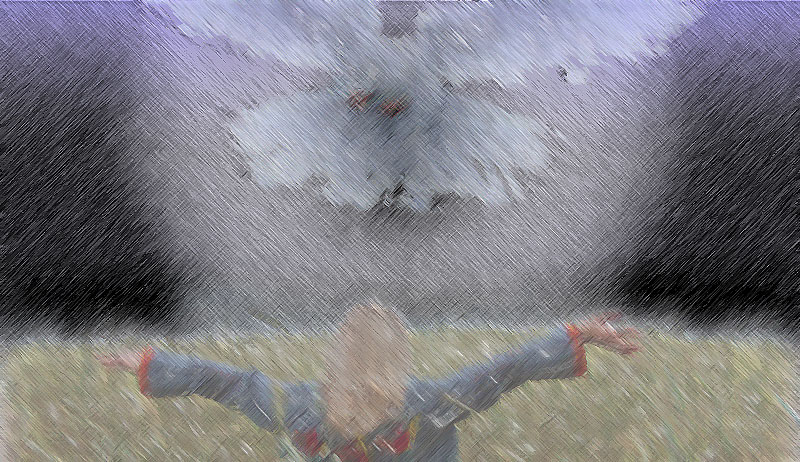
The Amidah is the essential part of the morning, afternoon and evening weekday services in the synagogue. Every Jew is religiously obligated to pray the Eighteen Benedictions daily.
The Synagogue the Centurion Built

Would a Roman officer have had the means to finance the construction of a synagogue in the lakeshore town of Capernaum?
The “Desert” of Bethsaida
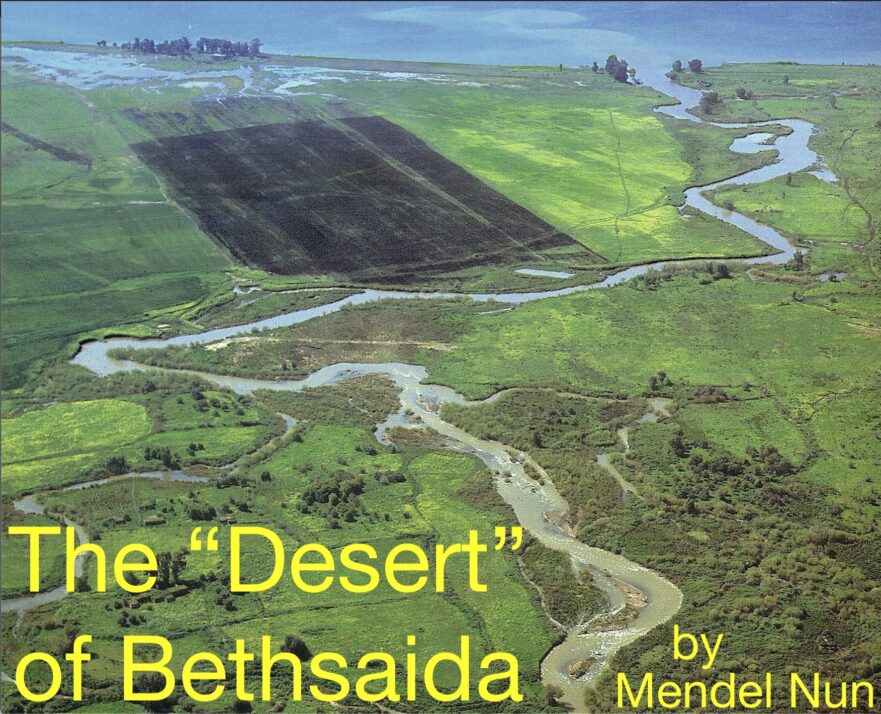
By analyzing the meaning of the word translated “desert,” the topography at the Feeding of the Five Thousand can be clarified.
The Centurion and the Synagogue
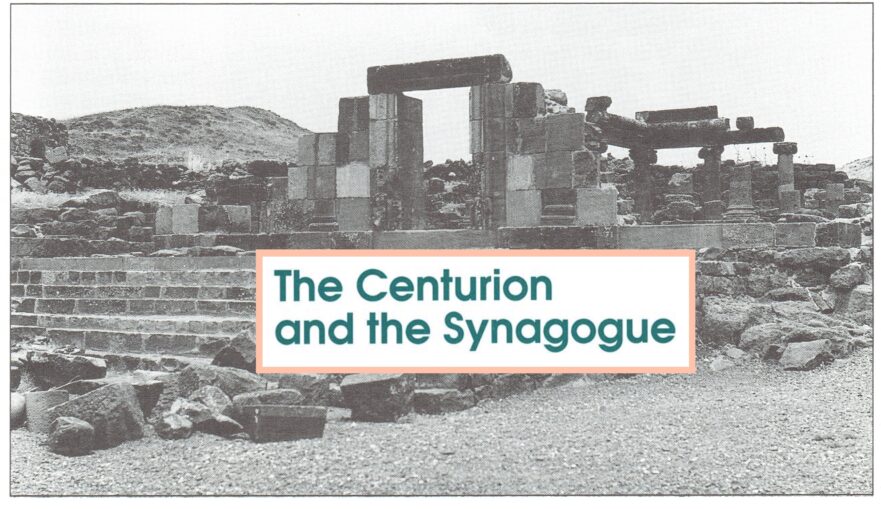
A Roman centurion’s concern for his slave focuses our attention on the presence of non-Jews in the land of Israel in the first century. A modern Jewish authority on the history of the period provides the story’s background.
Jesus in Judea
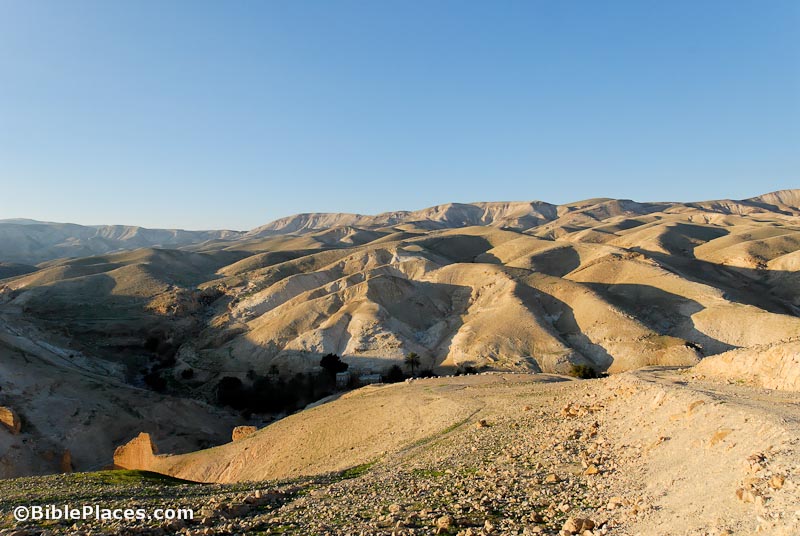
Robert Lindsey believed that there is sufficient evidence in Matthew, Mark and Luke to support the existence of Jesus’ Judean ministry.

